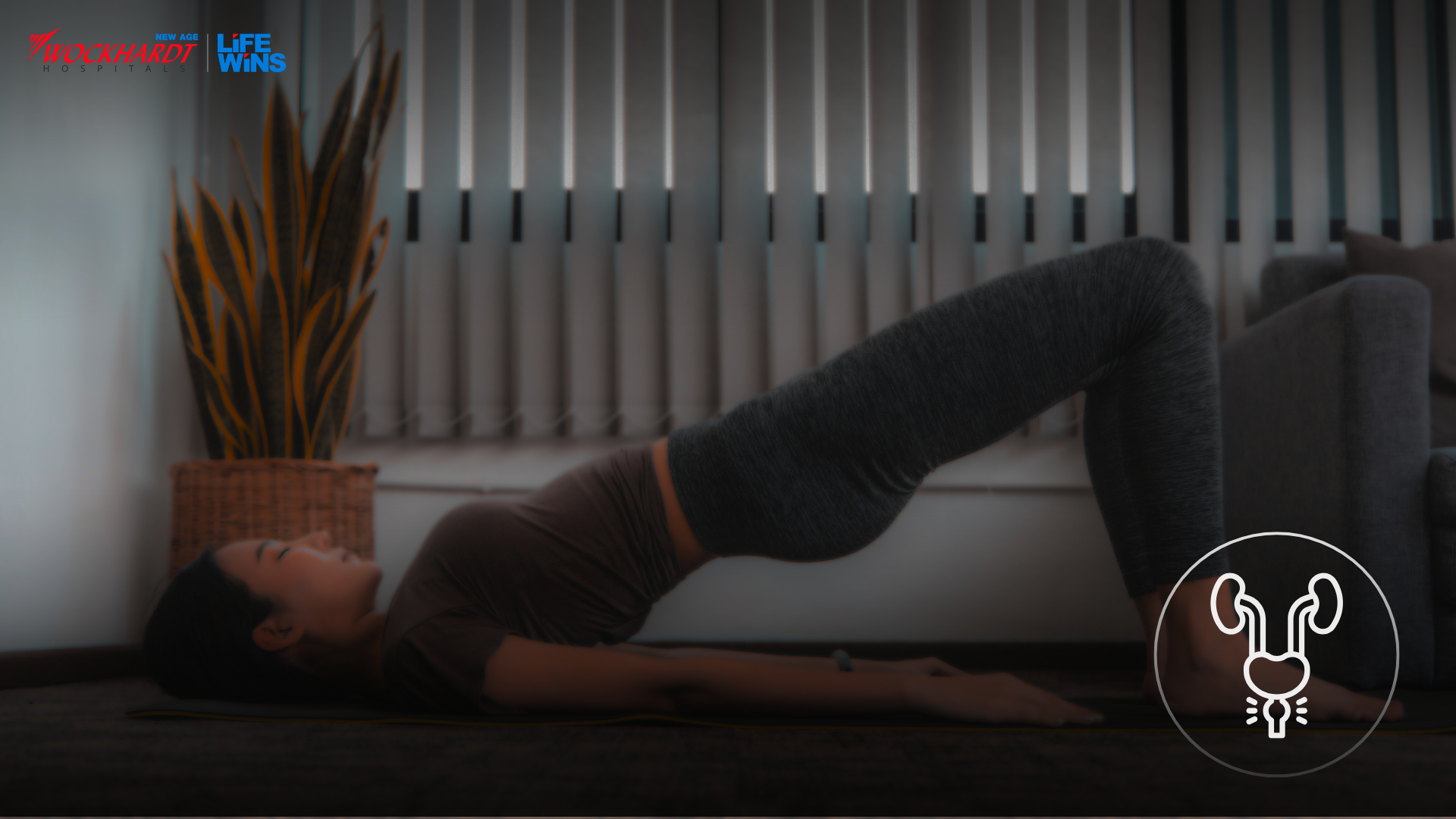With the upward spiral of Covid-19 cases, Mumbaikars need to be cautious and take precautions. The majority of people have stopped wearing masks. To keep the fourth wave at bay, people should adhere to Covid protocols and continue to wear masks for some more time, say experts.
Maharashtra had recorded 169 new cases on May 1, while on May 31 the daily rise in cases in the state was 711. Meanwhile, Mumbai on June 20 reported 1,310 new cases. The city’s overall tally of cases has reached 10,95,954 and the Covid-19 death toll to 19,585. The city now has 14,089 active cases.
Dr. Mule suggested protective measures and safety tips:
Speaking to Mid-Day.com, Dr Aniket Mule, consultant internal medicine, at Wockhardt Hospitals, said that if the cases continue to rise then the government will have to impose a lockdown.
1. It is possible to avoid the fourth wave if people adhere to the Covid protocols of masking, hand sanitizing, and social distancing.
2. Don’t forget to get fully vaccinated or take a booster shot if you are eligible. Doing so can reduce hospital admissions. Although there is no intimation from the official authorities on the possibility of the fourth wave, due to the rise in the number of cases we need to be cautious. If there is a detection of a new variant with serious disease-causing ability, then there can be a fourth wave.
3. Avoid going to crowded places and being around sick people.
4. Disinfect frequently touched surfaces such as door knobs, handles, faucets and kitchen countertops.
5. Since the monsoon is already here, there will be a surge in malaria, dengue and chikungunya and there are chances of Covid coinfection. Try to wear full-sleeved clothes to prevent mosquito bites. Use mosquito repellents, avoid water stagnation near the house and do not wade through rainwater.
6. Also, eat a well-balanced diet inclusive of all the vital nutrients. Give up on junk food and exercise indoors to boost immunity.
7. Since the cases are rising, limit the number of visitors at home.
8. Avoid going to work if you feel sick.
9. Do not send children to school if they are down with a cold and cough.
10. If you have symptoms such as cold, cough, fever or body ache then isolate yourself and do the tests suggested by the doctor as the symptoms of malaria, dengue and Covid-19 are similar. “It will be imperative for you to get the correct diagnosis and then immediately initiate the treatment,” he added.
Is BMC prepared to tackle the latest surge?
Dr Mangala Gomare, executive health officer, Brihanmumbai Municipal Corporation (BMC) shared, “Yes, we are seeing more cases, but this is not a wave, it is a spike or surge. We are seeing less number of hospitalisations, which is 3 to 5 per cent of the total positive cases. Ninety-six per cent of the cases are asymptomatic,” she explained.
When asked if BMC is prepared to tackle monsoon and rising Covid cases together, Dr Gomare said, “This is not new to BMC as we have handled three Covid waves before. Previous ones were tough with the high demand for oxygen. During the third wave, we saw 20,000 cases reported in a day in Mumbai. So, now we are well-prepared for any such situation. We already have the infrastructure in place. Our people are now trained and have the experience along with treatment protocols in place.
Hence, we are fully prepared. On the contrary, we have closed down some of the Covid centres. Now, we have more than 10,000 beds available in the dedicated covid hospital (DCH) and dedicated covid health centre (DCHC) in case there are more admissions. Even the active cases are few in Mumbai.”
Dr Gomare urged people to not panic and asked senior citizens to get booster shots, “However, people should not take this lightly and follow proper Covid behaviour. Pregnant women, senior citizens and people with comorbidities need to be cautious as they have low immunity. Children in the age group of 12 to 17 years should get vaccinated,” she added.
Dr Aniket Mule
Consultant – Internal Medicine
Wockhardt Hospitals, Mira Road
To book an appointment call: +918108101104


















